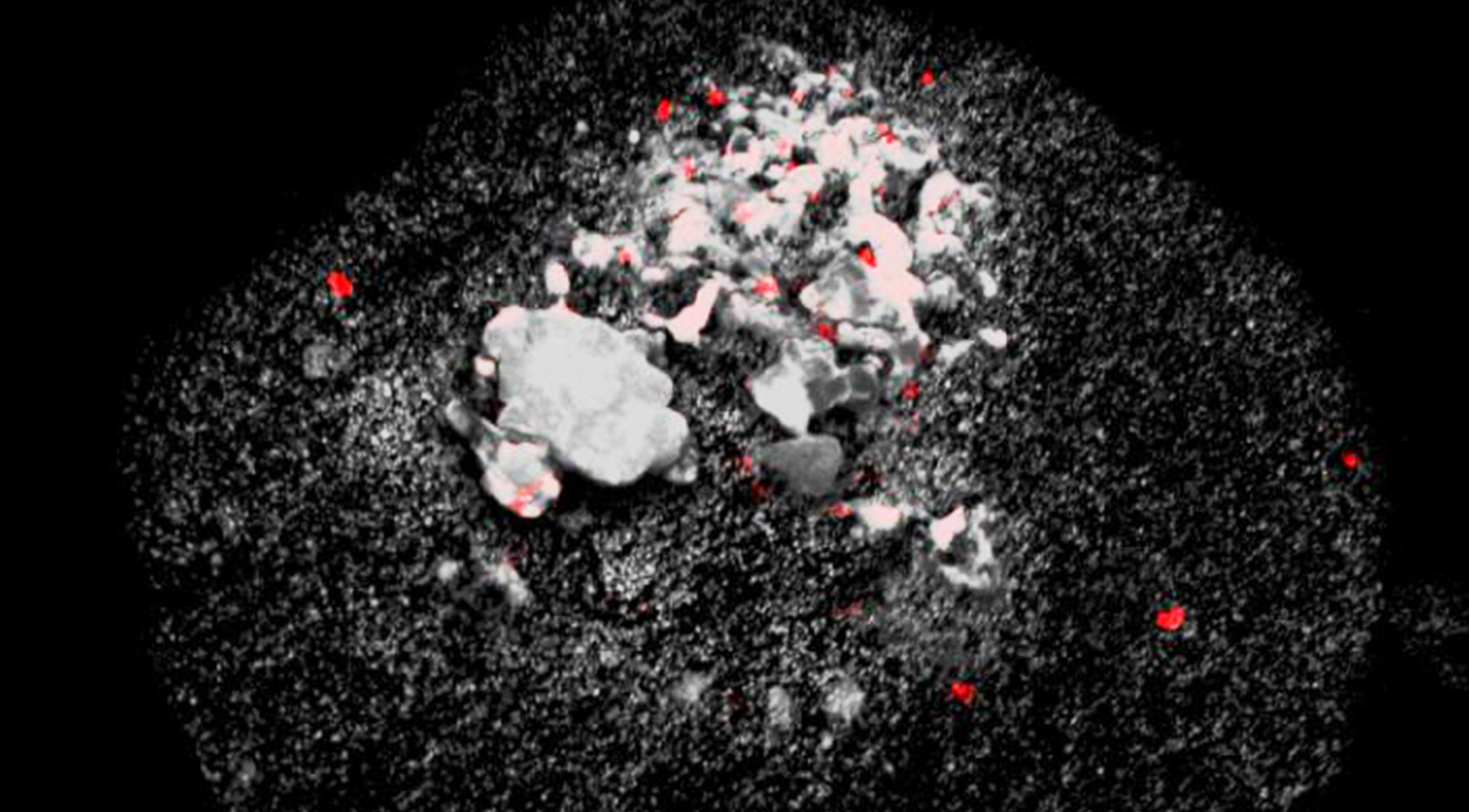Scientists from the Institute for Marine Microbiology of the Max Planck Society for Scientific Research (Germany) found that the microorganism Methanoliparia, which lives in the sea at great depths, can decompose crude oil into methane and carbon dioxide without the participation of bacteria. About this writes the magazine mBio.
Methanoliparia is one of the most ancient and primitive unicellular organisms known as archaea. The fact that archaea take part in the decomposition of complex organic compounds was previously known, but until now it was believed that bacteria also took part in these processes.
Scientists have collected samples of bottom sediments from the Gulf of Mexico, from a depth of 3 km, where there is a natural leakage of oil and natural gas into sea water. They then examined the microorganisms found in these samples, including methanoliparia. The analysis showed that methanoliparium secretes enzymes that decompose crude oil, and then, using other enzymes, processes the resulting simple hydrocarbons into methane.
- Methanoliparia cells attached to a drop of oil
- © Max Planck / Institute for Marine Microbiology
Guenther Wegener, the author of the study, describes methanoliparia as a "composite creature." The fact is that some of the closest relatives of this microorganism are able to decompose complex hydrocarbons into simpler ones, while others process simple hydrocarbons into methane. But methanoliparium, as it turned out, copes with both tasks: it decomposes oil and synthesizes methane.
“Observations using a microscope showed that methanoliparic cells attach to oil droplets. We have not found a single sign that they need the assistance of bacteria and other archaea, ”writes Wegener.
Researchers have discovered that methanoliparium is found in offshore oil fields around the world. It was also found that this microorganism does not live outside oil fields. Therefore, scientists suggest that methanoliparium plays a key role in the conversion of oil to methane. Methane is one of the most harmful greenhouse gases, according to scientists, the effect of its emission into the atmosphere is 25 times stronger than the emission of the same amount of carbon dioxide.
Now scientists are working on a strain of methanoliparia in an artificial environment. If this project is successful, more in-depth research will begin on the microorganism and its potential uses. The most promising may be the discovery of the reverse synthesis process: the conversion of methane into oil.

